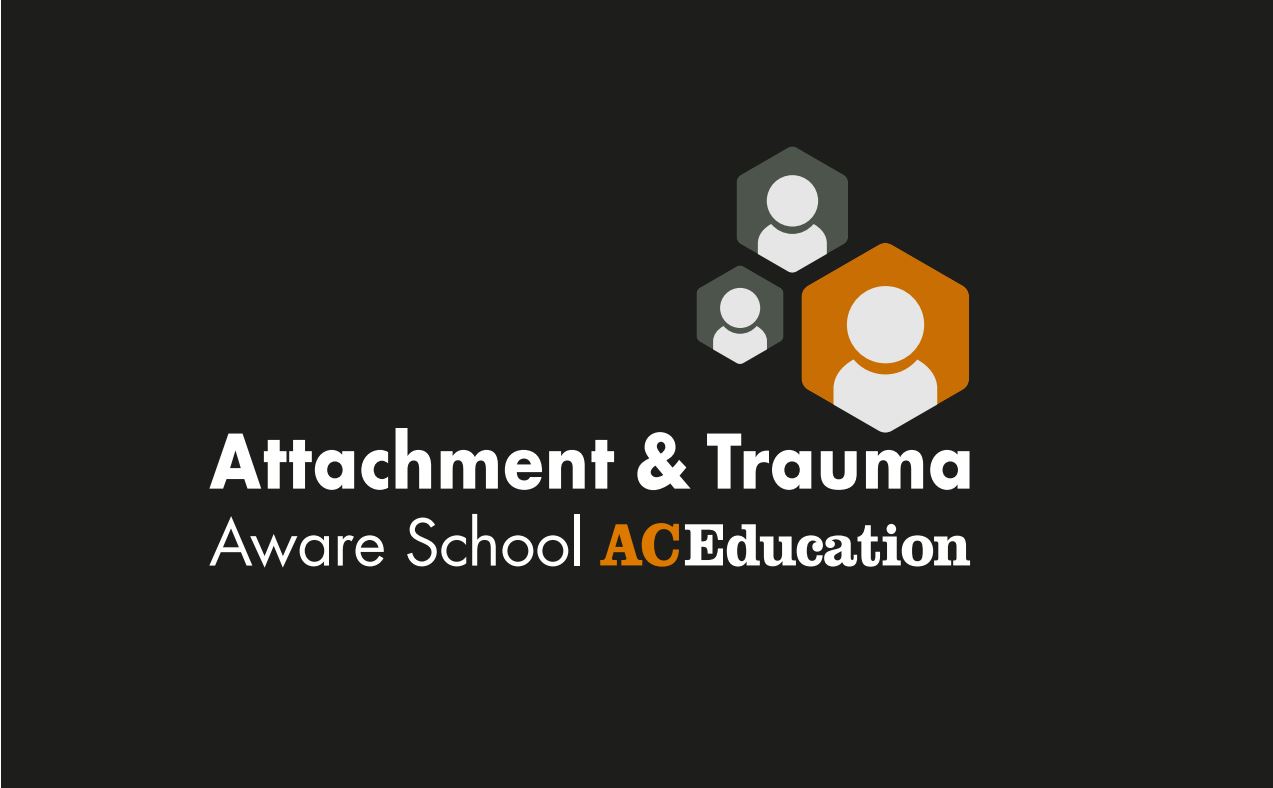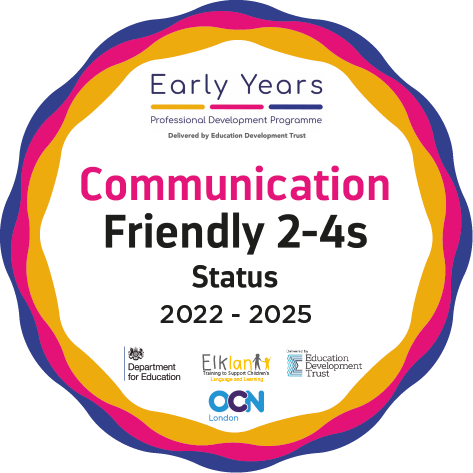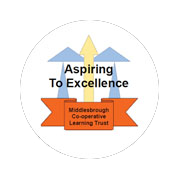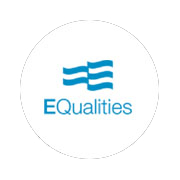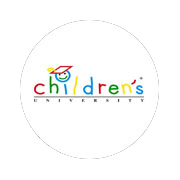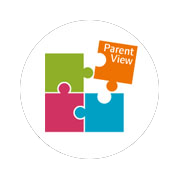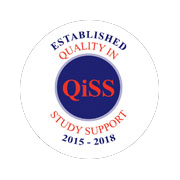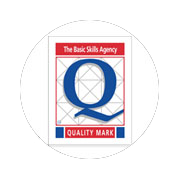All pupils should attend school, in line with our attendance policy. Remote education is not viewed as an equal alternative to attendance in school.
However, we will consider providing remote education to pupils in circumstances when in-person attendance is either not possible or contrary to government guidance.
This might include:
- Occasions when we decide that opening our school is either:
- Not possible to do safely
- Contradictory to guidance from local or central government
Remote education, where needed, is of a high quality and aligns as closely as possible with in-school provision.
Our Remote Learning Policy and guidance is available upon request.



